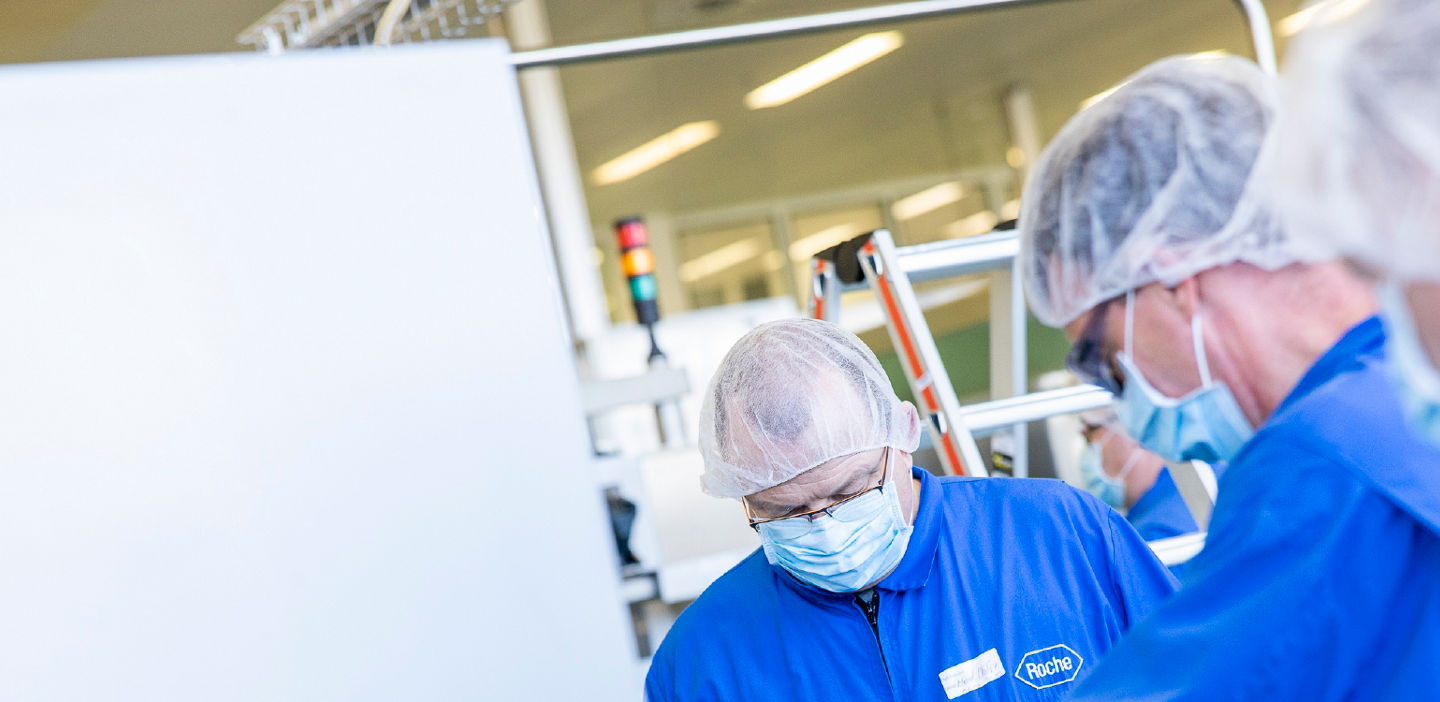Through its commitment to fighting infectious diseases, Roche continues to provide healthcare solutions rapidly and reliably across the world when they are needed most.
Roche’s Global Surveillance Program, which was inaugurated in 1998, enables the company to monitor genomic sequences of viral pathogen threats so it can swiftly develop optimized solutions for quick responses. For over 20 years, the program has been vital in developing dependable molecular diagnostic assays, benefiting researchers, physicians and patients through Roche’s extensive resources and global collaborations.


